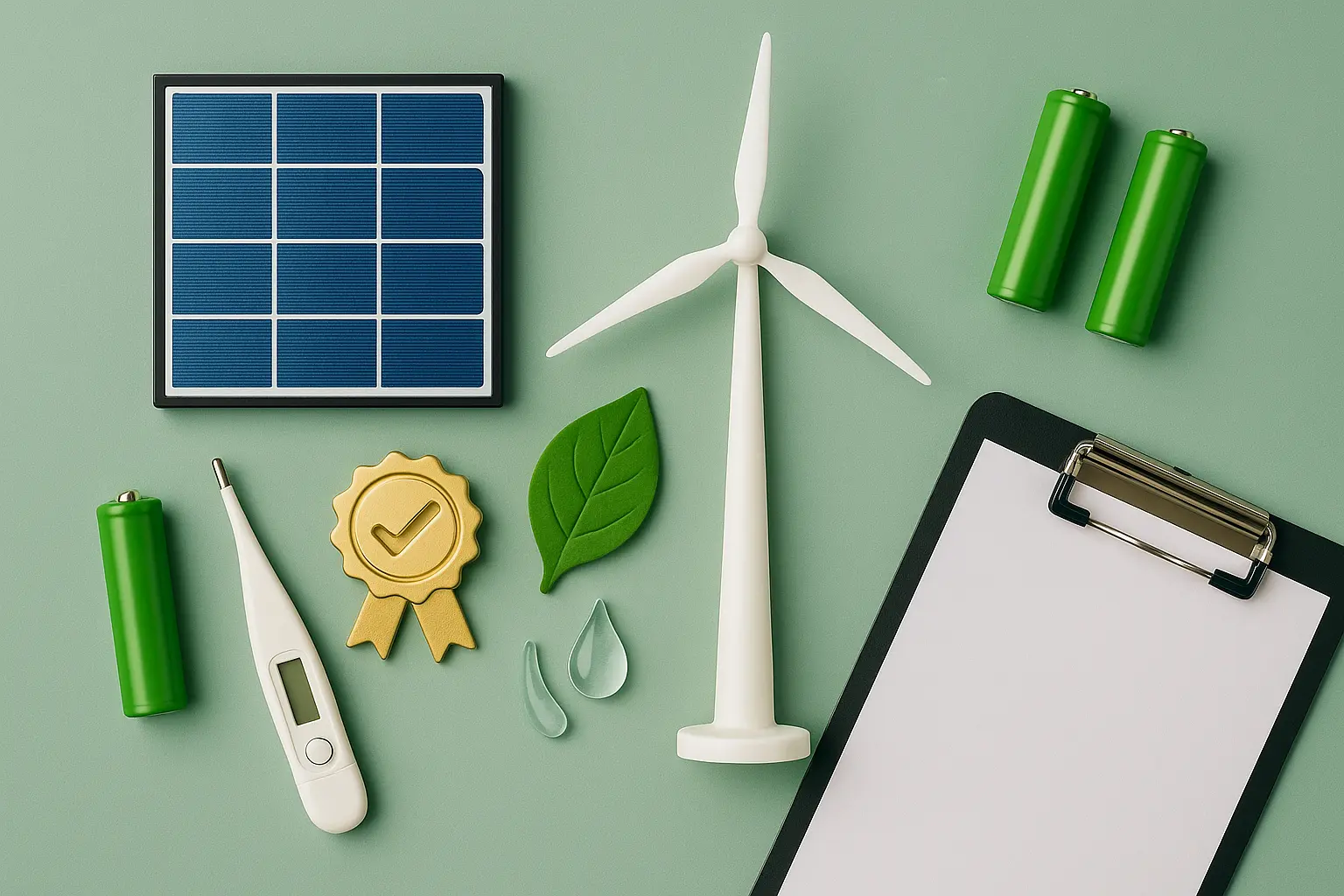IEC 61730 Photovoltaic Module Safety Certification
The International Electrotechnical Commission (IEC) standard IEC 61730 is a crucial certification for photovoltaic (PV) modules, ensuring their safety and reliability under various environmental conditions. This standard is particularly important in the renewable energy sector where PV systems are increasingly being deployed globally.
IEC 61730 covers several key aspects of module safety including mechanical integrity, electrical performance, aging resistance, and fire hazard testing. Compliance with this standard helps manufacturers demonstrate that their products meet stringent international requirements for safety and quality control. This ensures consumer confidence and regulatory compliance in the solar energy industry.
The certification process involves a series of tests designed to evaluate the robustness and longevity of PV modules under realistic operating conditions. These tests are critical because they simulate real-world stresses that might be encountered during installation, operation, and maintenance. For instance:
- Thermal cycling: Ensures that the module can withstand temperature variations.
- Mechanical loading: Verifies structural integrity under various loads.
- Salt fogging: Assesses resistance to corrosion in coastal environments.
- Water immersion: Checks for leakage and water ingress protection.
The tests are conducted using internationally recognized equipment and methods. The results of these evaluations provide comprehensive data on the module's performance, which is then used to issue a certificate of compliance with IEC 61730 standards. This certification not only enhances product reliability but also supports market entry into stringent regulatory environments.
Compliance with IEC 61730 is essential for manufacturers aiming to meet global standards and ensure the safety and longevity of PV modules. By adhering to these stringent requirements, companies can build trust among consumers and stakeholders, thereby enhancing their reputation in the renewable energy sector. This certification also facilitates easier access to international markets where regulatory compliance is a key factor.
Why It Matters
The importance of IEC 61730 lies in its role as a benchmark for ensuring the safety and reliability of photovoltaic modules. This certification is not just about meeting regulatory requirements; it’s about protecting consumers, maintaining market integrity, and fostering innovation within the renewable energy sector.
By undergoing rigorous testing and achieving compliance with IEC 61730, manufacturers demonstrate their commitment to quality and safety standards. This transparency builds trust among stakeholders, including investors, regulators, and end-users. Moreover, it ensures that products are robust enough to withstand the harsh conditions often faced in real-world applications.
From a broader perspective, compliance with IEC 61730 also contributes to the overall sustainability of the solar energy industry. By promoting reliable and safe PV modules, this certification helps reduce waste and environmental impact associated with premature failures or accidents. This, in turn, supports the long-term viability of renewable energy projects.
For manufacturers, achieving IEC 61730 certification can open up new market opportunities and enhance brand reputation. It also provides a competitive edge by differentiating products based on stringent safety standards. Ultimately, compliance with this standard is crucial for establishing credibility in the global solar energy market.
Benefits
Compliance with IEC 61730 offers numerous benefits to manufacturers and end-users alike. Firstly, it provides a clear benchmark for quality, ensuring that PV modules meet stringent safety and performance standards. This helps in building trust among stakeholders by demonstrating a commitment to excellence.
Secondly, achieving this certification can significantly enhance market access. Many countries have strict regulations requiring imported PV products to comply with international standards such as IEC 61730. By meeting these requirements, manufacturers can ensure smoother entry into global markets without facing unnecessary barriers or delays.
Thirdly, compliance enhances product reliability and longevity. The rigorous testing procedures involved in obtaining this certification help identify potential weaknesses early on, allowing manufacturers to address them proactively. This not only improves the overall quality of the products but also extends their useful life span, leading to cost savings for both producers and consumers.
Fourthly, it supports innovation by setting a high bar for safety and performance. Manufacturers who comply with IEC 61730 are encouraged to continuously improve their products, pushing boundaries in terms of efficiency, durability, and environmental friendliness. This fosters an environment conducive to technological advancements within the solar energy sector.
Fifthly, compliance helps maintain regulatory compliance across different jurisdictions. As governments around the world increasingly focus on renewable energy sources as part of their climate change mitigation strategies, ensuring that imported PV products meet international standards becomes more critical than ever before.





